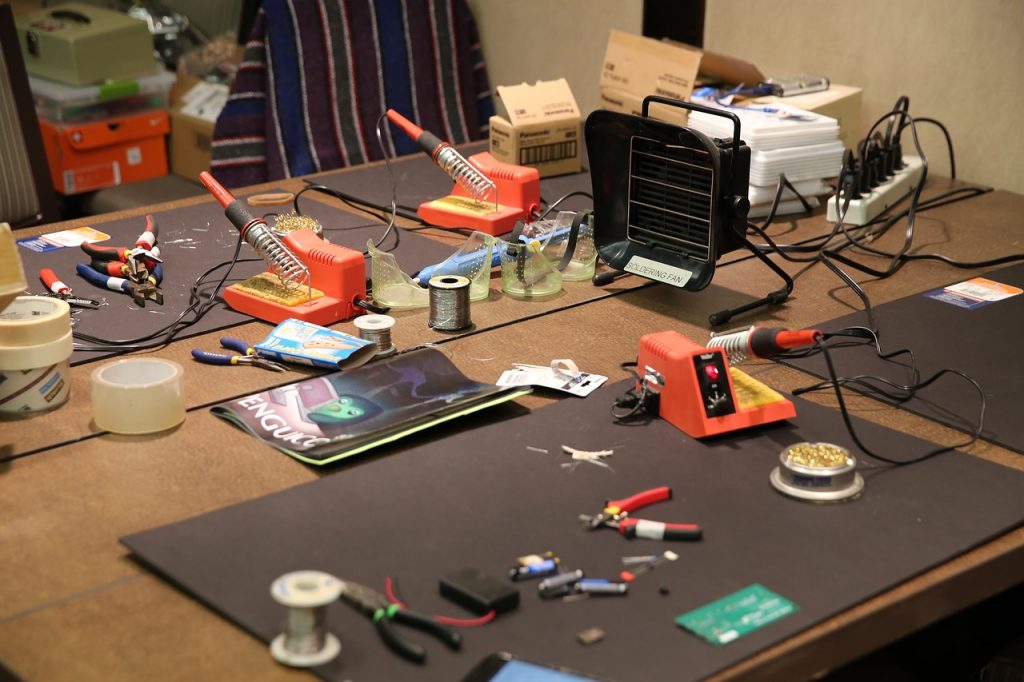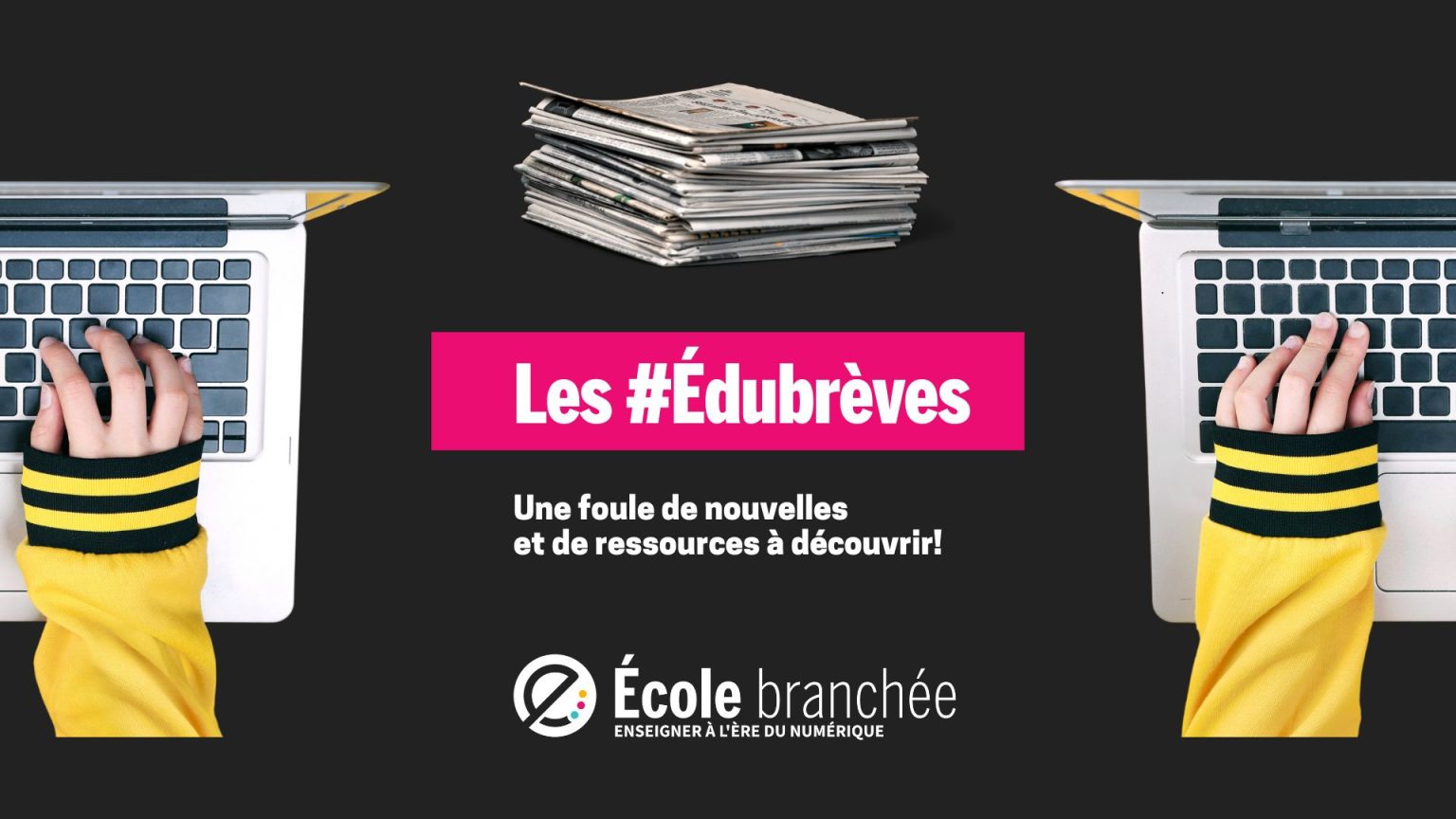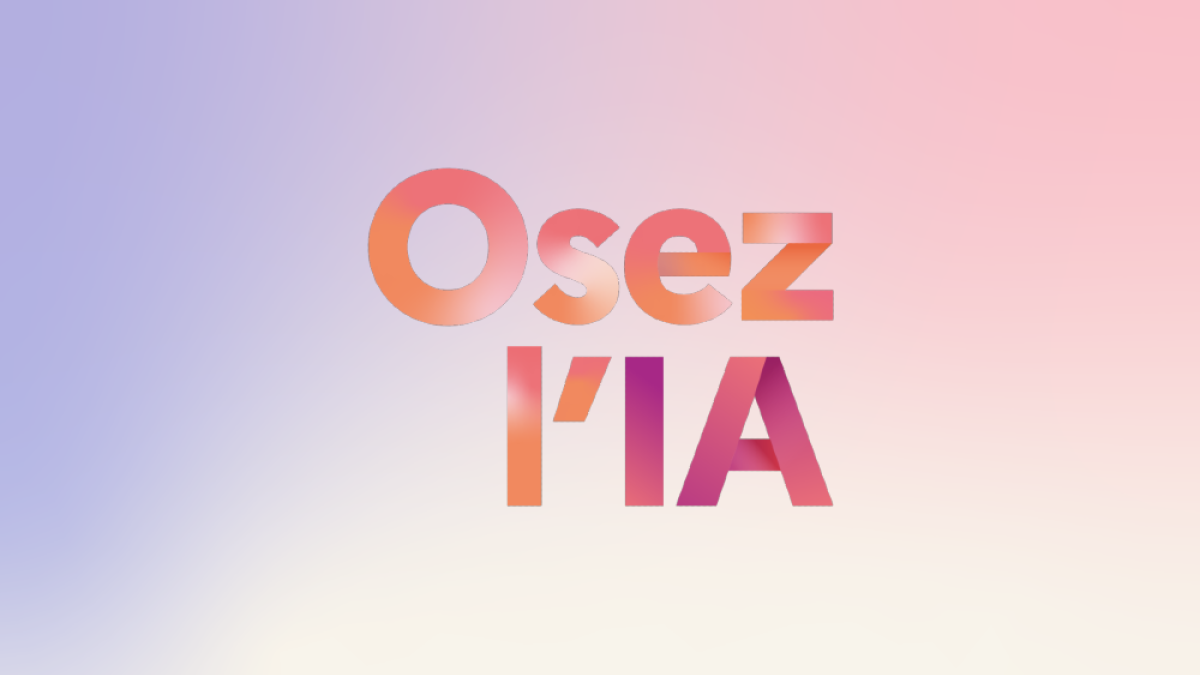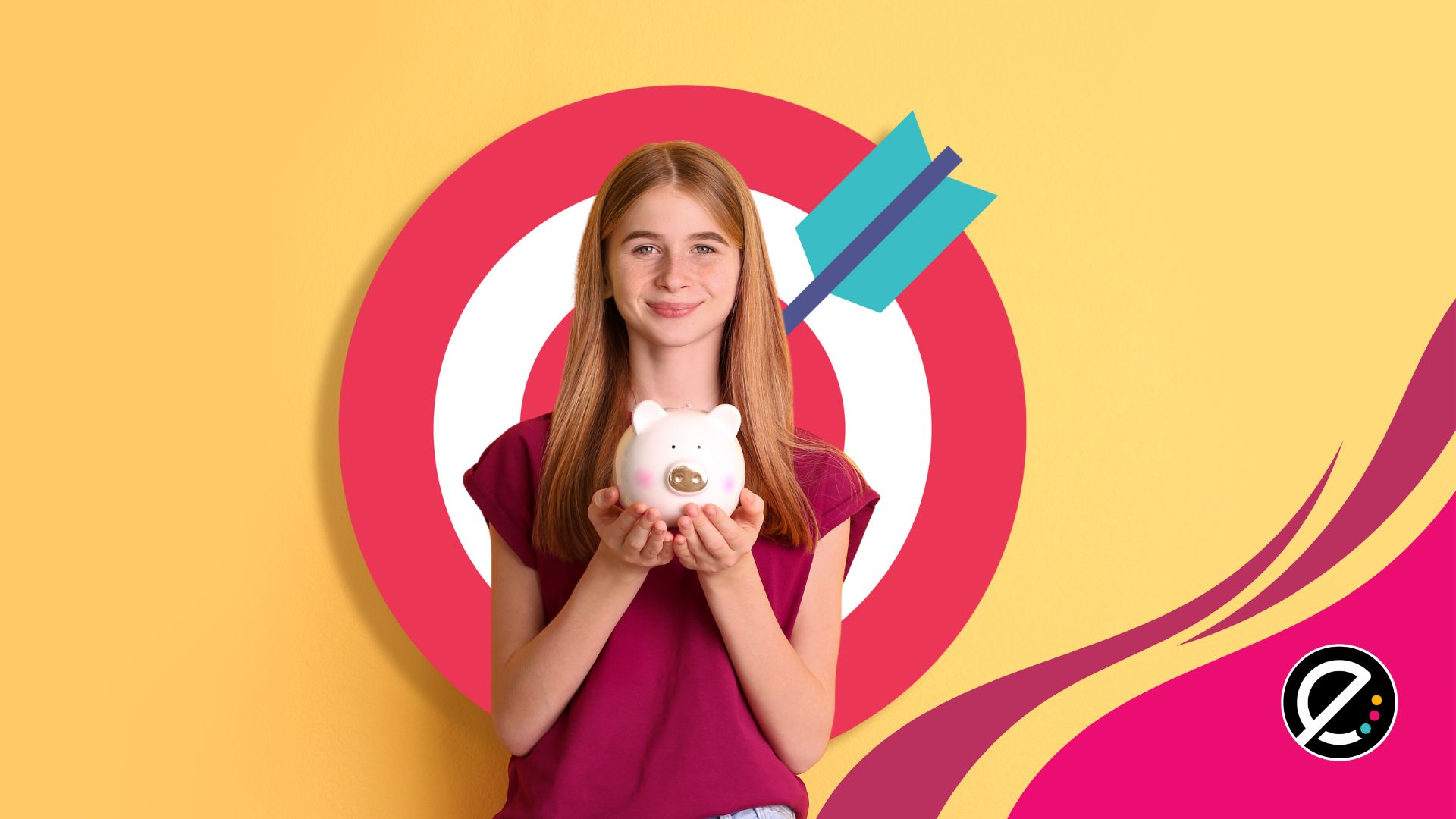Dans le cadre d’un webinaire du RÉCIT sur les laboratoires créatifs, différents intervenants du milieu de l’éducation ont fait découvrir leur laboratoire en plus de démontrer l’application concrète d’outils technologiques.
Le 19 mars 2019 se tenait le troisième Rendez-vous virtuel du RÉCIT. Six ateliers étaient offerts en ligne afin d’introduire les acteurs éducatifs à diverses thématiques pouvant être explorées dans le cadre du Plan d’action numérique en éducation. Les enregistrements de ces ateliers ainsi que les ressources présentées seront disponibles sur le site Web du RÉCIT.
Dans le cadre du Webinaire sur les laboratoires créatifs, différents intervenants du milieu de l’éducation ont fait découvrir leur laboratoire en plus de démontrer l’application concrète d’outils technologiques.
Dispersées dans le Québec, des conseillères pédagogiques du Récit (régional et national) ont d’abord présenté le déploiement d’espaces de laboratoire flexibles (ELF). Inspirées de la visite du MLab, d’une Classe flexible et du Fabbulle, elles racontent qu’un Fab Lab et un Espace flexible ont vu le jour, respectivement dans les Centres d’éducation des adultes de Matane et de Baie-Comeau. Offrant un enseignement individualisé, ces laboratoires évolutifs et mobiles permettent d’apprendre par essais-erreurs, d’échanger avec les pairs et les enseignants en plus de favoriser l’interdisciplinarité.
L’apport des ressources du Récit a été souligné afin d’accompagner les intervenants des Centres dans l’analyse de leurs besoins, dans la planification des projets ainsi que pour le réseautage.
Une communauté de pratique
Deux membres de la Commission scolaire de Montréal ont pour leur part présenté leur communauté de pratique, qui a pour objectif d’inciter les enseignants à utiliser et même à créer des laboratoires créatifs.
Par la communauté, les enseignants échangent au sujet d’outils ou de procédures. Ils présentent leurs projets en format vidéo, partagent des documents pour les suivis et bien plus. Les membres sont d’ailleurs libérés quatre jours par mois en plus de recevoir un budget pour l’achat de matériel qu’ils peuvent utiliser et promouvoir. L’initiative semble porter ses fruits, puisque 16 personnes ont manifesté leur intérêt et 14 d’entre elles sont toujours membres de la communauté.
Des projets concrets pour tous les domaines d’apprentissage
Lors du Webinaire, deux conseillers pédagogiques ont aussi présenté des projets concrets provenant du laboratoire créatif de leur établissement. Un d’entre eux a été réalisé à l’aide de la technologie Makey Makey et de l’application de programmation Scratch. Branchée à une maquette d’un papillon composée de papier et de carton, la technologie de Makey Makey est également reliée à un ordinateur ou à un appareil mobile. Des commandes sont effectuées et permettent de percevoir certaines transformations du cycle de vie de l’insecte par l’intermédiaire de Scratch. Parfaitement adaptés au Programme de formation de l’école québécoise pour les cours de science et technologie et d’art, de tels exercices sont en conception pour l’univers social et le français.
Deux projets de couture interactive ont enfin été présentés. Appliqué au domaine des arts, le premier consiste à créer une marionnette à l’aide de l’application Lilypad. Le second projet, davantage axé sur les langues, a permis de créer un toutou interactif, dans un premier temps avec Lilypad Arduino, puis avec l’ordinateur à carte Micro:bit. Esquissant les défis liés à l’utilisation de ces outils, les intervenantes ont souligné la facilité d’utiliser Micro:bit pour les élèves plus jeunes. En contrepartie, la courbe d’apprentissage semble plus grande à l’aide de Lilypad.
Approches MATIS et Pensée design
Destinés à intégrer le numérique en classe et à ouvrir sur d’autres approches éducatives, les laboratoires créatifs permettent d’explorer de nouveaux outils et même de former continuellement les enseignants qui s’impliquent directement dans les apprentissages.
Dans cette foulée, l’approche Matis et celle de la Pensée design semblent bien pertinentes, puisqu’elles contribuent au décloisonnement des disciplines en intégrant des éléments de plusieurs matières scolaires lors de la réalisation de projets. Les élèves, comme les enseignants, explorent par essais-erreurs en fonction de leurs besoins et ils sont accompagnés par les ressources nécessaires.
Vous voulez obtenir plus d’information au sujet des laboratoires créatifs, visitez le site Web Laboratoire créatif. Le Campus du Récit offre aussi plusieurs outils en lien avec les laboratoires créatifs, la robotique, la réalité virtuelle et bien plus.






